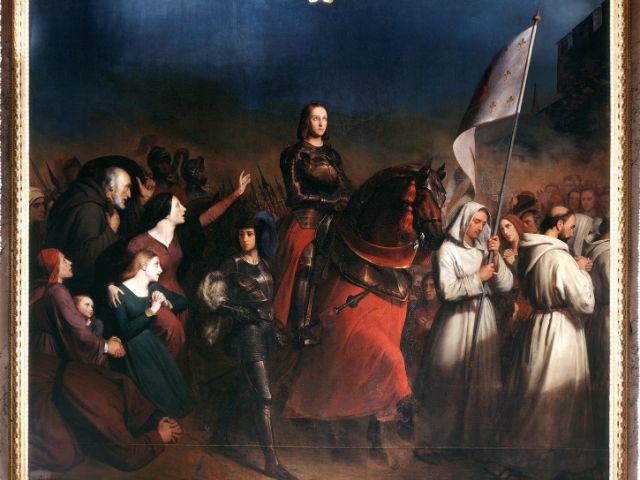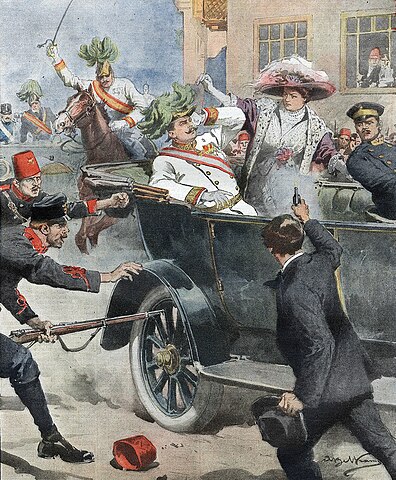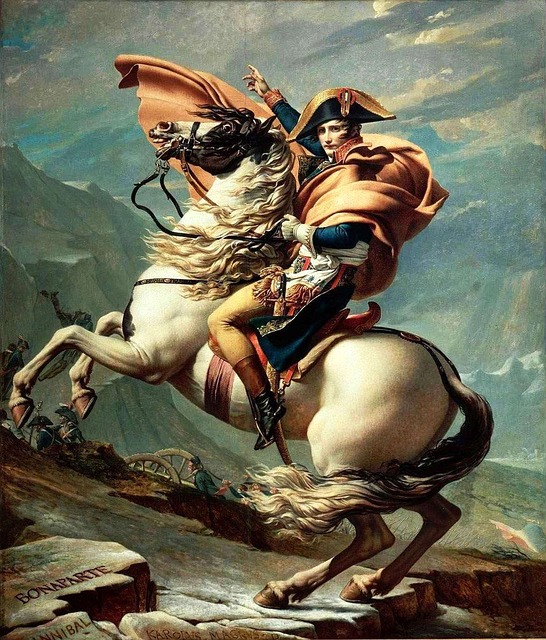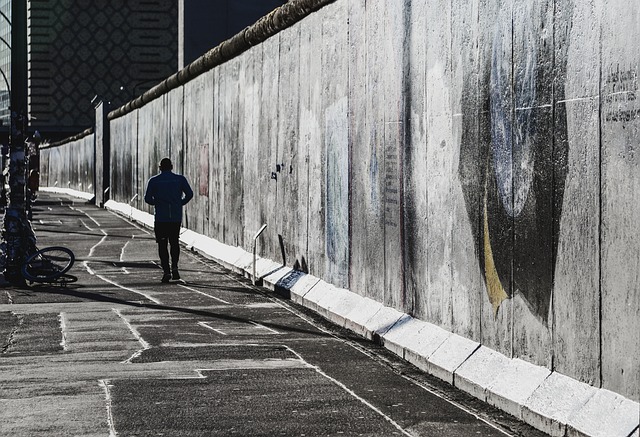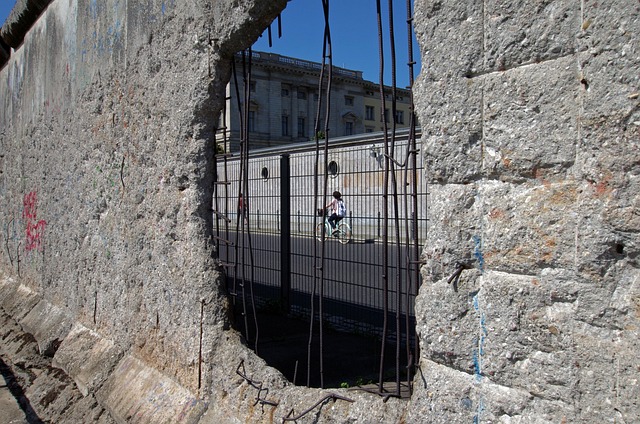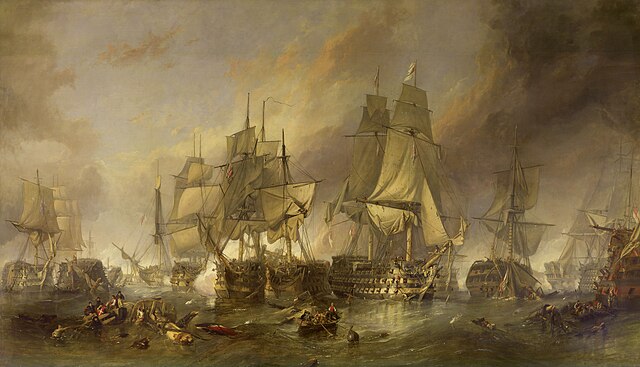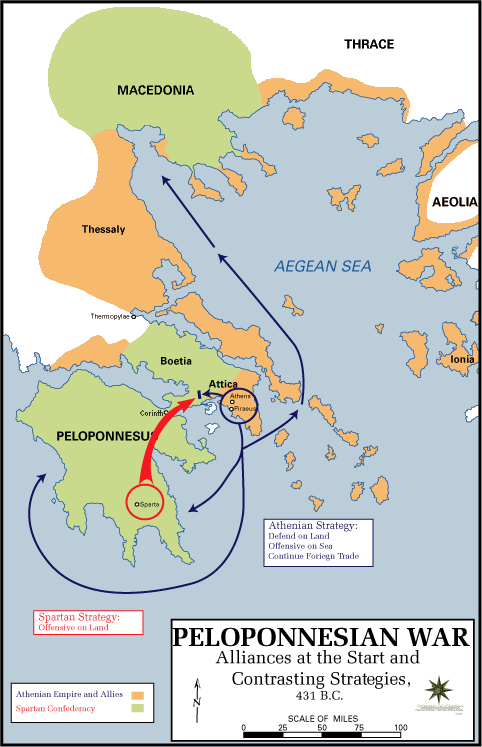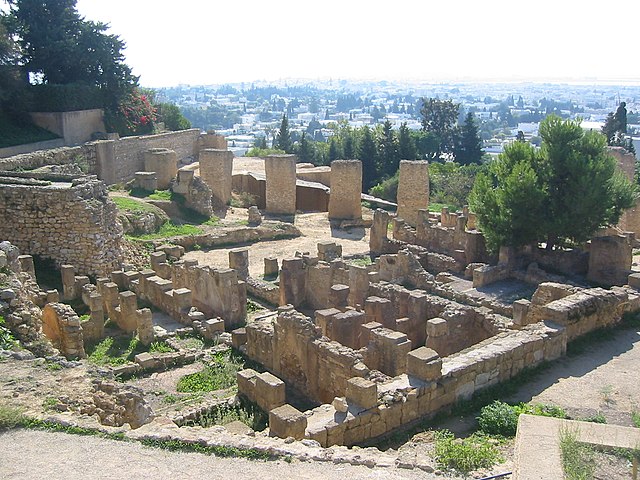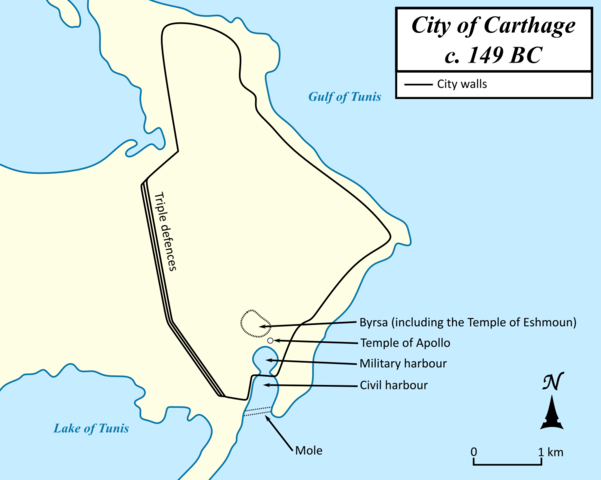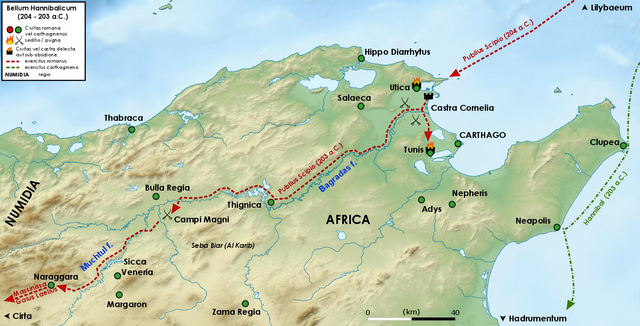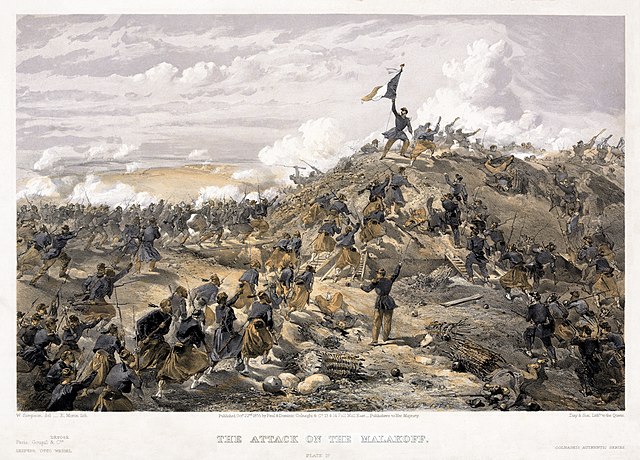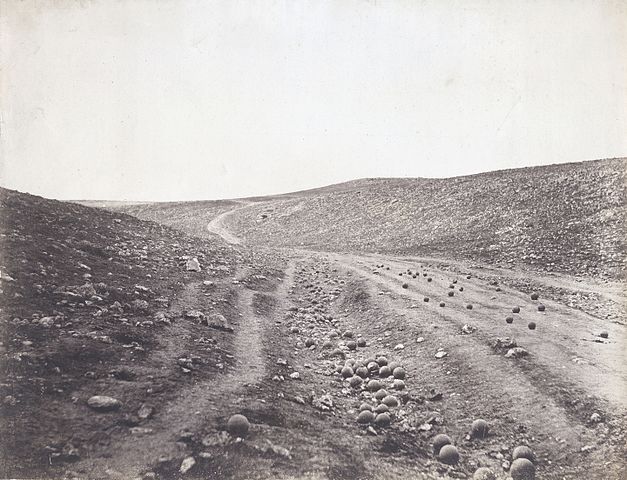The Storming of the Bastille on July 14, 1789, stands as a defining moment in world history, igniting the flame of the French Revolution. As France teetered on the brink of collapse due to political corruption, economic hardship, and social injustice, the people’s discontent reached a boiling point. The Bastille, a medieval fortress and prison in Paris, became the ultimate symbol of the oppressive regime and the monarchy’s absolute power.
Leading up to this historic event:
- France was grappling with severe economic crises, including widespread food shortages and rising bread prices.
- The Third Estate, representing the common people, felt marginalized and voiceless in the face of the monarchy’s lavish spending and poor governance.
- Enlightenment ideas were spreading, advocating for liberty, equality, and fraternity.
The Bastille’s fall was not merely a physical attack on a fortress but a powerful statement against tyranny. It symbolized the people’s demand for freedom and justice, setting the stage for the profound societal changes that were to follow.
Thesis statement: The Storming of the Bastille marked the beginning of the French Revolution and was a pivotal moment in history, resonating as a powerful symbol of the fight against oppression and the pursuit of democratic ideals.
Background on the French Revolution
The French Revolution was a complex upheaval influenced by a myriad of political, social, and economic factors. The storming of the Bastille was not an isolated incident; it was the culmination of mounting unrest and widespread dissatisfaction among the French populace.
Political, Social, and Economic Factors
Several critical elements contributed to the revolutionary atmosphere in France:
- Political Inequality: The Ancien Régime was characterized by a rigid hierarchical structure that heavily favored the nobility and clergy. The common people, or the Third Estate, were largely excluded from meaningful political participation and decision-making.
- Economic Hardship: France’s involvement in costly wars, including the American Revolutionary War, left the nation in dire financial straits. Additionally, poor harvests led to food shortages, skyrocketing bread prices, and widespread famine.
- Social Discontent: The disparity between the lavish lifestyles of the aristocracy and the suffering of the common people created a fertile ground for revolution. The Third Estate, comprising peasants, urban workers, and the burgeoning bourgeoisie, demanded change.
The Role of Enlightenment Ideas
The Enlightenment, a philosophical movement emphasizing reason, individualism, and skepticism of traditional authority, played a pivotal role in shaping revolutionary thought. Enlightenment thinkers such as Voltaire, Jean-Jacques Rousseau, and Baron de Montesquieu challenged the status quo and advocated for principles like liberty, equality, and fraternity. Their ideas inspired a new generation to question the legitimacy of the monarchy and seek a more just and equitable society.
Impact of King Louis XVI’s Actions
King Louis XVI’s reign further exacerbated the discontent among the people. His indecisiveness and inability to address France’s financial crisis eroded public confidence in the monarchy. Notable actions that fueled the revolution included:
- Failure to Reform: Despite the dire economic situation, Louis XVI resisted meaningful tax reforms that would have alleviated the burden on the common people and required the nobility to contribute more.
- Summoning the Estates-General: In a desperate attempt to resolve the financial crisis, Louis XVI called for the Estates-General in 1789, a body that had not convened since 1614. This move inadvertently provided a platform for the Third Estate to voice their grievances and demand representation.
- Dismissal of Reform-Minded Ministers: The king’s dismissal of popular and reform-minded ministers, such as Jacques Necker, further alienated the populace and heightened tensions.
In summary, the French Revolution was driven by deep-seated political, social, and economic grievances, amplified by Enlightenment ideas and the actions of King Louis XVI. The storming of the Bastille was a dramatic manifestation of these underlying issues, setting in motion a transformative period in French and world history.
Events Leading up to the Storming of the Bastille
The storming of the Bastille on July 14, 1789, was a defining moment in the French Revolution, but it was preceded by a series of significant events that set the stage for this historic uprising. Understanding these events provides crucial context for the revolutionary fervor that gripped France.
The Calling of the Estates-General and the Formation of the National Assembly
In a desperate attempt to address France’s dire financial crisis, King Louis XVI called for the Estates-General in May 1789, a general assembly representing the three estates of the realm: the clergy, the nobility, and the commoners. This assembly had not convened since 1614, and its summoning marked a pivotal moment in French history.
- Clergy (First Estate): Represented the church and enjoyed numerous privileges.
- Nobility (Second Estate): Composed of the aristocracy, who were largely exempt from taxes.
- Commoners (Third Estate): Represented the vast majority of the population, including peasants, urban workers, and the bourgeoisie, who shouldered the tax burden.
The Third Estate, frustrated by their lack of meaningful representation, declared themselves the National Assembly in June 1789, asserting their right to represent the French people. This bold move was a direct challenge to the authority of the king and the established order.
Unrest and Protests in Paris Due to Food Shortages and Rising Prices
As the political drama unfolded, Paris was simmering with unrest. The French capital, like much of the country, was experiencing severe food shortages and escalating bread prices. These economic hardships led to widespread protests and heightened tensions among the populace.
The dire situation was exacerbated by the following factors:
- Poor Harvests: Successive years of poor harvests had led to food scarcity and inflated prices.
- Inflation: The cost of living had skyrocketed, making basic necessities unaffordable for many.
- Unemployment: Economic instability resulted in high unemployment rates, particularly in urban areas.
The combination of these factors created a volatile environment ripe for revolutionary action.
The Fall of the Bastille as a Result of Rumors About the King’s Intentions
Amidst the unrest, rumors began to circulate that King Louis XVI was planning to dissolve the National Assembly by force. These rumors stoked fear and anger among the Parisians, who viewed the king’s intentions as a direct threat to their newfound political empowerment.
On July 14, 1789, the tension reached a boiling point. A large crowd gathered and marched towards the Bastille, a medieval fortress and prison that symbolized the tyranny of the monarchy. The fall of the Bastille was precipitated by several key events:
- Weapons Seizure: Revolutionaries stormed the Hotel des Invalides to seize weapons and gunpowder.
- Confrontation: The crowd confronted the garrison at the Bastille, demanding the surrender of the fortress.
- Violent Clashes: Following a tense standoff and violent clashes, the Bastille was eventually breached, and its governor, Bernard-René de Launay, was captured and killed.
The fall of the Bastille was not just a physical assault on a fortress; it was a symbolic victory for the revolutionaries and a clear message to the monarchy. It marked the beginning of a new era in French history, one defined by the pursuit of liberty, equality, and fraternity.
In conclusion, the storming of the Bastille was the result of a confluence of political, economic, and social factors. The calling of the Estates-General, the formation of the National Assembly, widespread unrest due to food shortages, and rumors of the king’s intentions all contributed to this iconic event that ignited the French Revolution.
The Storming of the Bastille
On July 14, 1789, the storming of the Bastille became a pivotal event in the French Revolution, symbolizing the end of monarchical tyranny and the rise of the people’s power. Let’s delve into the details of that historic day.
Description of the Events on July 14, 1789
The day began with a mixture of determination and anxiety among the citizens of Paris. Rumors that King Louis XVI was planning to use military force to dissolve the National Assembly had spread like wildfire, leading to an atmosphere charged with tension and urgency.
Thousands of Parisians gathered, united by a common cause: to seize control of the Bastille, a medieval fortress that had come to symbolize the oppressive power of the monarchy. The fortress was not only a prison but also a storage site for gunpowder and weapons, making it a strategic target for the revolutionaries.
- Early Morning: The crowd first stormed the Hôtel des Invalides, seizing muskets and cannons but finding no gunpowder.
- Midday: The mob, now armed, marched toward the Bastille. Negotiations for the fortress’s surrender began but quickly broke down.
- Afternoon: Fighting erupted. The revolutionaries used cannons and muskets to attack the fortress. After several hours of intense combat, the Bastille’s governor, Bernard-René de Launay, ordered a ceasefire.
- Evening: The gates were opened, and the revolutionaries flooded inside, capturing de Launay, who was later executed by the mob.
The fall of the Bastille was not just a physical victory; it was a profound psychological triumph for the revolutionaries.
Role of Key Figures Such as Marquis de Lafayette and Jean Sylvain Bailly
While the storming of the Bastille was a grassroots effort driven by ordinary Parisians, several key figures played crucial roles in the events surrounding that day.
| Key Figure | Role |
| Marquis de Lafayette | A respected military leader, Lafayette was appointed commander of the National Guard shortly after the storming. He played a vital role in organizing and leading the revolutionary forces. |
| Jean Sylvain Bailly | A prominent political leader, Bailly became the first mayor of Paris following the fall of the Bastille. His leadership helped stabilize the city during the chaotic early days of the revolution. |
Both Lafayette and Bailly were instrumental in shaping the revolutionary movement, providing leadership and direction during a time of great uncertainty.
Significance of the Bastille Being the First Target of the Revolutionaries
The choice of the Bastille as the first target of the revolutionaries was highly symbolic. The fortress had long been associated with royal despotism and arbitrary justice. By attacking and dismantling the Bastille, the revolutionaries were making a powerful statement against the old regime.
Several factors contributed to the significance of this target:
- Symbol of Oppression: The Bastille represented the absolute power of the monarchy and its ability to imprison individuals without trial.
- Strategic Importance: The fortress housed a significant cache of weapons and gunpowder, crucial for the revolutionaries’ continued struggle.
- Psychological Impact: The fall of the Bastille galvanized the revolutionary movement, providing a morale boost and inspiring further uprisings across France.
The storming of the Bastille was more than just an isolated incident; it was the spark that ignited a revolution. It demonstrated the power of the people to challenge and overthrow an unjust system, setting the stage for the dramatic changes that would follow.
Impact of the Storming of the Bastille
The storming of the Bastille on July 14, 1789, was not just a pivotal moment in French history but also a catalyst for revolutionary change worldwide. Let’s explore the profound impacts this event had on the French Revolution and beyond.
Immediate Effects on the Revolution
The immediate aftermath of the Bastille’s fall saw a flurry of revolutionary activity and significant political changes:
- Formation of the National Constituent Assembly: In the wake of the Bastille’s storming, the National Assembly transformed into the National Constituent Assembly. This body took on the crucial task of drafting a new constitution, reflecting the revolutionary ideals of liberty, equality, and fraternity.
- Abolition of Feudal Privileges: By August 4, 1789, the National Constituent Assembly abolished feudal privileges, signaling the end of the old feudal order and the beginning of a new social framework.
- Declaration of the Rights of Man and of the Citizen: On August 26, 1789, the Assembly adopted this seminal document, which laid the groundwork for modern human rights and democratic principles.
These immediate changes marked the beginning of a profound transformation in French society and governance.
Symbolic Significance of the Bastille’s Fall and Its Impact on the French People
The fall of the Bastille had immense symbolic significance, resonating deeply with the French people:
- End of Tyranny: The Bastille had long been a symbol of royal tyranny and oppression. Its fall represented the collapse of an unjust system and the triumph of the people’s will.
- National Unity: The storming of the Bastille united people from different social classes and backgrounds in a common cause, fostering a sense of national unity and collective purpose.
- Inspiration for Change: The event inspired widespread hope and belief in the possibility of change, encouraging further revolutionary actions across France.
One eyewitness account reflects the euphoria of the moment: “We danced around the Bastille, we hugged each other, we cried for joy. The Bastille is taken!”
Influence on Other Countries and Their Own Revolutions
The impact of the Bastille’s fall extended far beyond France, influencing revolutionary movements around the world:
| Country | Revolution | Impact |
| United States | American Revolution | The American Revolution had already set a precedent for challenging monarchical rule, but the French Revolution, particularly the fall of the Bastille, provided additional inspiration and validation for the revolutionary cause. |
| Haiti | Haitian Revolution | The ideals of the French Revolution, symbolized by the fall of the Bastille, greatly influenced the Haitian Revolution (1791–1804), which led to the abolition of slavery and Haiti’s independence from France. |
| Latin America | Latin American Wars of Independence | The success of the French Revolution inspired independence movements throughout Latin America, contributing to the eventual liberation of numerous colonies from Spanish and Portuguese rule. |
The storming of the Bastille thus had a ripple effect, igniting the flames of revolution and inspiring oppressed peoples to fight for their own freedom and rights.
Legacy of the Storming of the Bastille
The storming of the Bastille stands as a monumental event in history, with a legacy that continues to resonate in modern times. This section delves into how this historic event is remembered and commemorated, its ongoing impact on democracy and human rights, and the valuable lessons it imparts.
How the Storming of the Bastille is Remembered and Commemorated in France Today
In France, the storming of the Bastille is celebrated annually on July 14th, known as Bastille Day or La Fête Nationale. This national holiday is marked by various festivities:
- Parades: The largest and most famous is the military parade held on the Champs-Élysées in Paris, attended by the President of France and other dignitaries.
- Fireworks: Spectacular fireworks displays light up the night sky, with the most notable display occurring near the Eiffel Tower.
- Parties and Concerts: Streets and public squares come alive with music, dancing, and communal celebrations, reflecting the unity and spirit of the French people.
These commemorations serve as a reminder of the power of the people and the enduring values of the French Revolution.
Continued Impact on the Concept of Democracy and Human Rights
The storming of the Bastille had far-reaching implications for the development of democracy and the advancement of human rights. Key contributions include:
- Inspiration for Democratic Movements: The events of 1789 inspired democratic movements worldwide, encouraging people to fight for their rights and challenge oppressive regimes.
- Foundation of Modern Human Rights: The principles enshrined in the Declaration of the Rights of Man and of the Citizen laid the groundwork for modern human rights doctrines and international treaties.
- Influence on Constitutions: Many democratic constitutions, including the U.S. Bill of Rights and the Universal Declaration of Human Rights, draw inspiration from the revolutionary ideals that emerged from the French Revolution.
These contributions underscore the storming of the Bastille’s lasting impact on the global quest for freedom and equality.
Lessons Learned from the French Revolution
The French Revolution, beginning with the storming of the Bastille, offers numerous lessons for contemporary society:
- The Power of the People: The revolution demonstrated that collective action and solidarity can dismantle oppressive systems and bring about significant change.
- The Importance of Justice and Equality: The pursuit of justice and equality remains a fundamental human aspiration, as evidenced by the revolution’s enduring principles.
- The Need for Vigilance: The revolution also serves as a cautionary tale about the dangers of unchecked power and the importance of remaining vigilant in defending democratic values.
Commemorating historic events like the storming of the Bastille ensures that these lessons are not forgotten and that future generations continue to strive for a just and equitable society.
In conclusion, the legacy of the storming of the Bastille is profound and multifaceted. It is remembered and celebrated in France through vibrant national festivities, continues to influence democratic and human rights movements globally, and offers timeless lessons about the power of collective action and the importance of justice. As we commemorate this historic event, we are reminded of our shared responsibility to uphold the values of liberty, equality, and fraternity.


